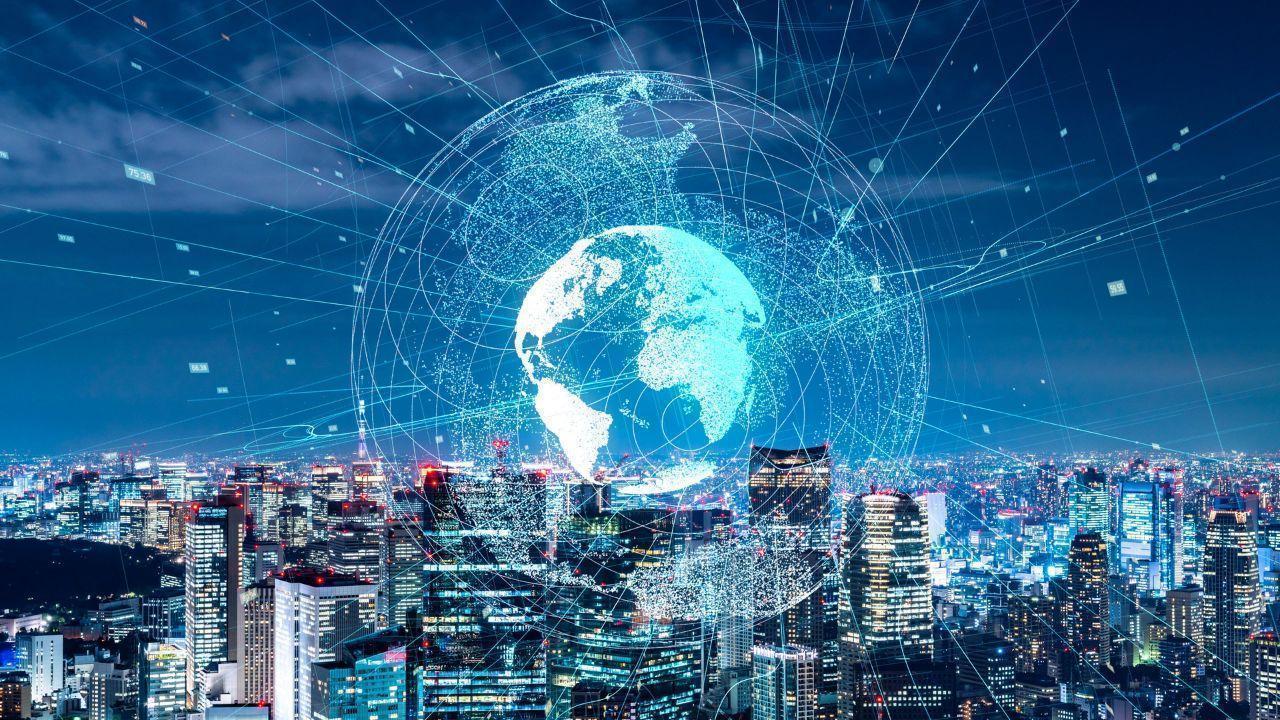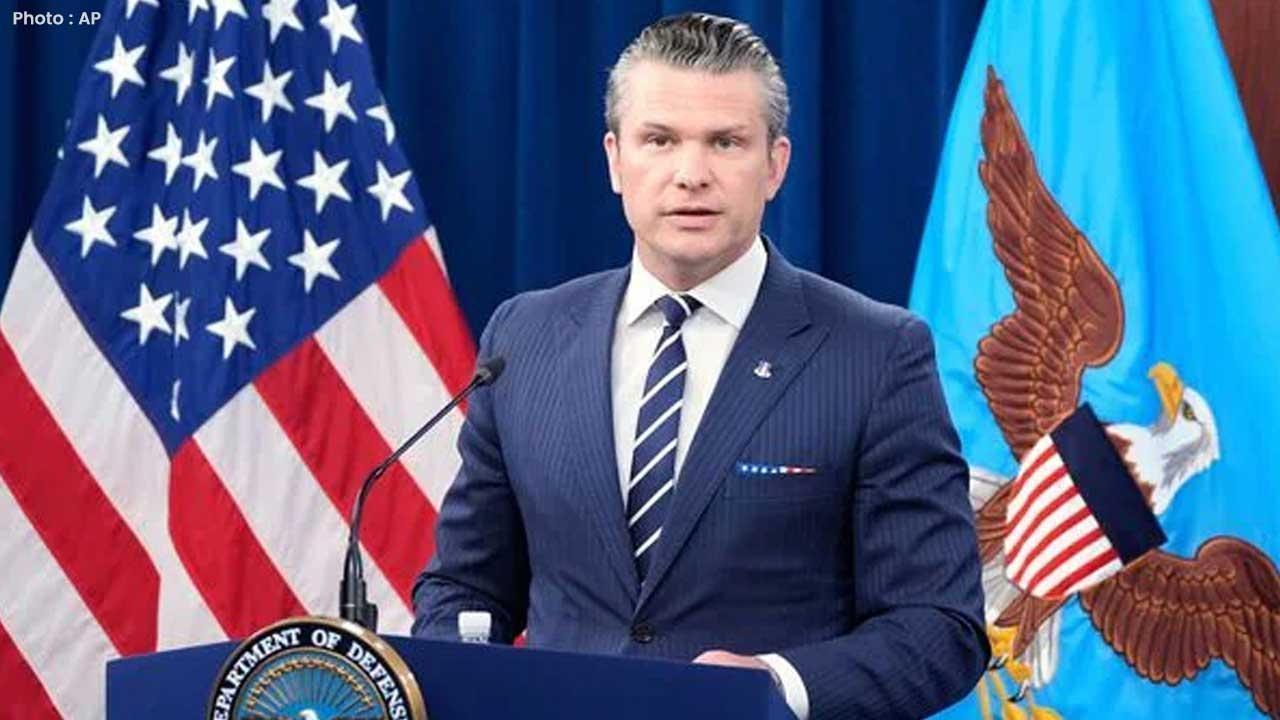
Post by : Vansh
In an era defined by digital transformation, the concept of smart cities has emerged as a groundbreaking solution to the growing challenges of urbanization. With the world's urban population expected to surpass 70% by 2050, cities are under pressure to become more efficient, sustainable, and livable. Smart cities harness cutting-edge technologies to improve infrastructure, optimize resources, and enhance the quality of life for residents. From traffic management systems and renewable energy grids to intelligent waste disposal and digital governance, smart cities are shaping the future of urban development.
At the core of a smart city lies the integration of information and communication technologies (ICT) to monitor and manage urban resources in real time. These systems collect data from sensors, cameras, GPS devices, and other sources to make intelligent decisions that improve efficiency and reduce waste. Whether it’s through managing electricity consumption, minimizing traffic congestion, or enhancing public safety, smart cities rely on data-driven insights to adapt to the ever-changing needs of urban environments.
One key example is Barcelona, a pioneer in smart urban planning. By implementing IoT-enabled street lighting, waste management sensors, and a centralized urban platform, the city significantly reduced energy use, improved air quality, and increased civic engagement. This model is being replicated in numerous cities around the globe, proving the potential of smart cities to lead humanity toward a more sustainable future.
One of the major goals of smart cities is environmental sustainability. Smart energy systems allow cities to manage electricity demand more efficiently, often incorporating renewable energy sources like solar and wind. These grids respond to energy needs in real time, reducing carbon emissions and cutting costs for consumers.
Moreover, smart transportation systems contribute significantly to reducing urban pollution. Electric buses, bike-sharing schemes, autonomous vehicles, and intelligent traffic signals minimize congestion and encourage the use of eco-friendly alternatives. Cities like Amsterdam and Singapore are global leaders in this area, demonstrating that smart mobility can improve both environmental quality and everyday convenience.
Smart buildings also play a vital role. These structures are designed with energy efficiency in mind, using AI-driven systems to control heating, lighting, and ventilation based on occupancy and weather. The result is a major reduction in energy waste and an improved living experience for occupants.
In a smart city, governance becomes more transparent and inclusive. Digital platforms empower citizens to interact directly with government services through mobile apps and online portals. These tools allow residents to report issues, pay bills, access city services, and participate in local decision-making.
For instance, Seoul has introduced a digital civic engagement platform where citizens can vote on policy proposals, monitor budget spending, and provide feedback to officials. This kind of direct democracy not only strengthens trust in institutions but also ensures that urban development aligns with the real needs of its residents.
Furthermore, smart surveillance and emergency response systems enhance public safety. AI-powered cameras can detect unusual behavior, while integrated response units ensure faster reaction to emergencies. Though these innovations spark ongoing debates around privacy, cities are increasingly working to find a balance between safety and civil liberties.
Smart cities also serve as incubators of innovation, attracting startups, entrepreneurs, and global tech companies. By offering advanced infrastructure and data-rich environments, they create a fertile ground for experimentation and development. These urban innovation hubs not only drive local economic growth but also generate employment in future-focused industries.
For example, Dubai’s Smart City project is aimed at becoming one of the world's leading digital economies. Through smart infrastructure, blockchain integration, and AI initiatives, Dubai is transforming itself into a hub for fintech, e-commerce, and smart tourism. This aligns with the broader global trend where technology-driven cities become magnets for investment and talent.
The views and insights presented in this article are intended for informational purposes only and do not constitute professional advice. Readers are encouraged to verify facts and consult experts when making decisions related to urban development, technology, or infrastructure. This article is published in the public interest by MiddleEastBulletin.










Pageau's Overtime Goal Propels Islanders to 4-3 Victory Over Golden Knights
In a thrilling overtime finish, Jean-Gabriel Pageau leads the Islanders past the Golden Knights 4-3,

MLB Awards: deGrom and Acuna Jr. Shine as Comeback Players
Jacob deGrom and Ronald Acuna Jr. celebrated MLB Comeback Player Awards, alongside Ohtani and Judge

Portugal Confronts Ireland in Pivotal World Cup Qualifier
Portugal, led by Cristiano Ronaldo, faces Ireland in a vital Group F World Cup qualifier that could

Haaland's Brilliance Leads Norway to 4-1 Victory Against Estonia
Erling Haaland showcases leadership as Norway crushes Estonia 4-1, boosting their World Cup ambition

Hawks Triumph Over Jazz; Suns and Raptors Secure Victories
Hawks' Onyeka Okongwu and Jalen Johnson lead in a thrilling win against Jazz; Suns and Raptors also

Indian Men's Recurve Team Clinches First Asian Gold in Nearly Two Decades
The Indian men's recurve team triumphed over South Korea, securing their first Asian gold in 18 year